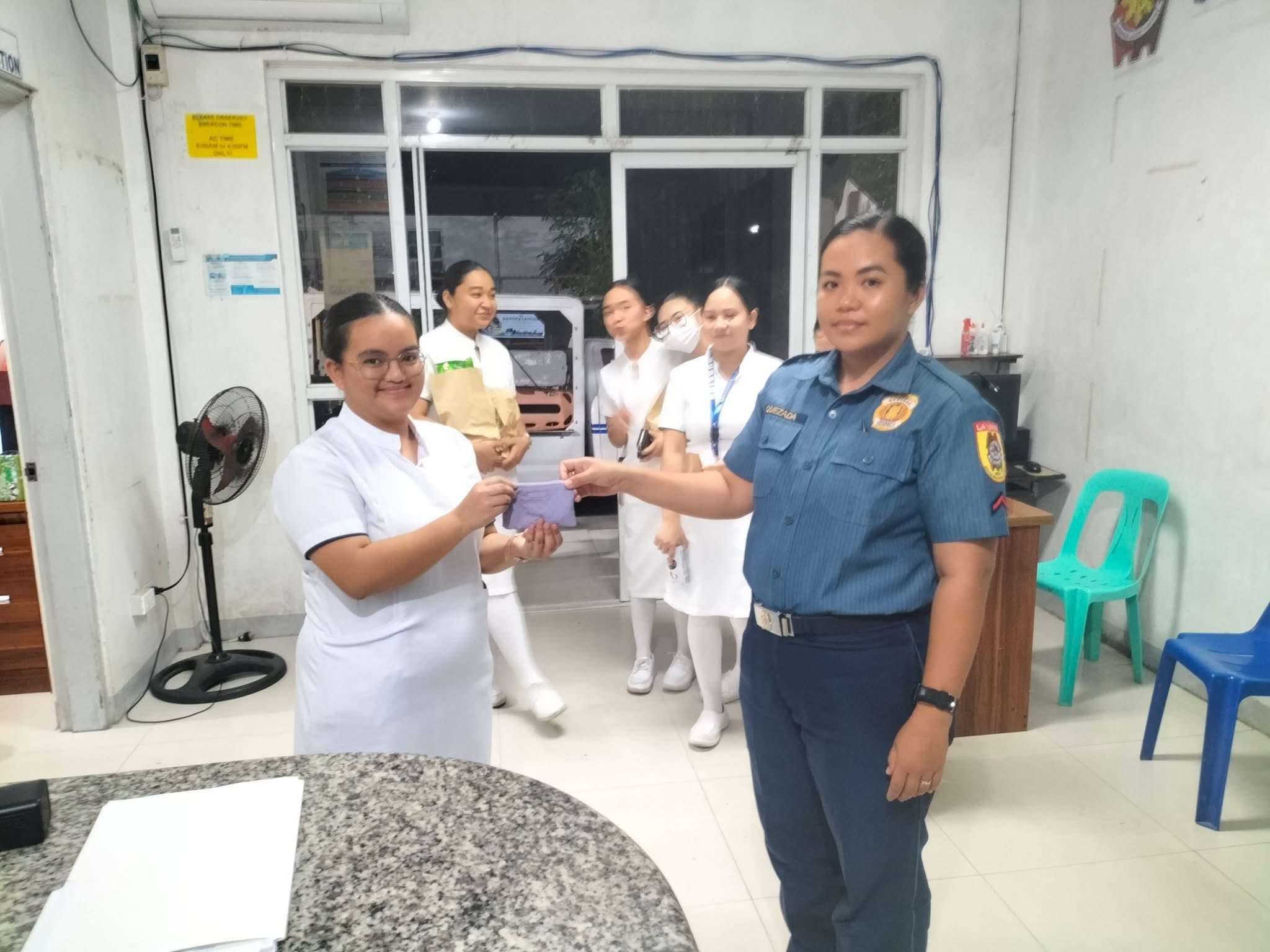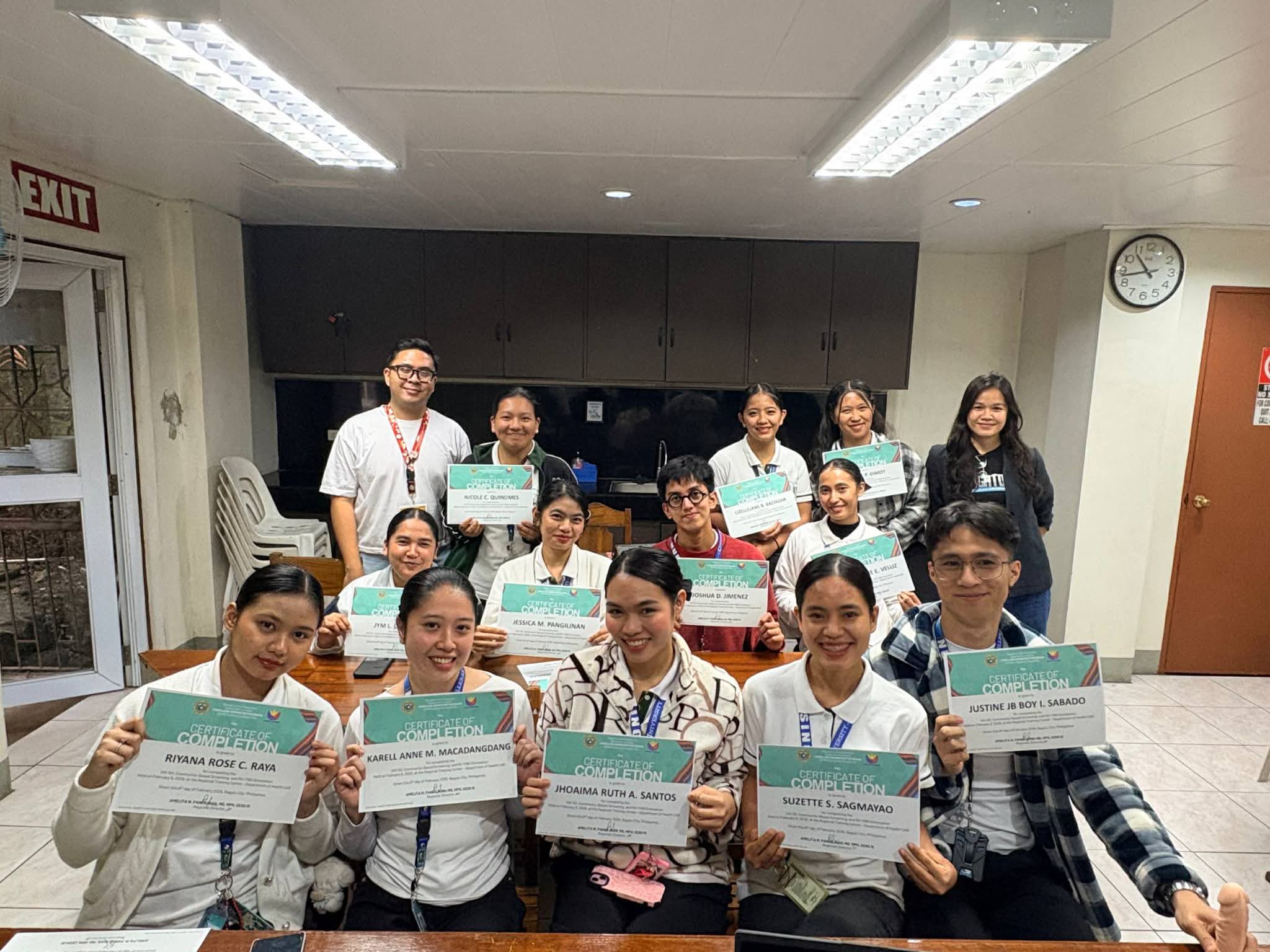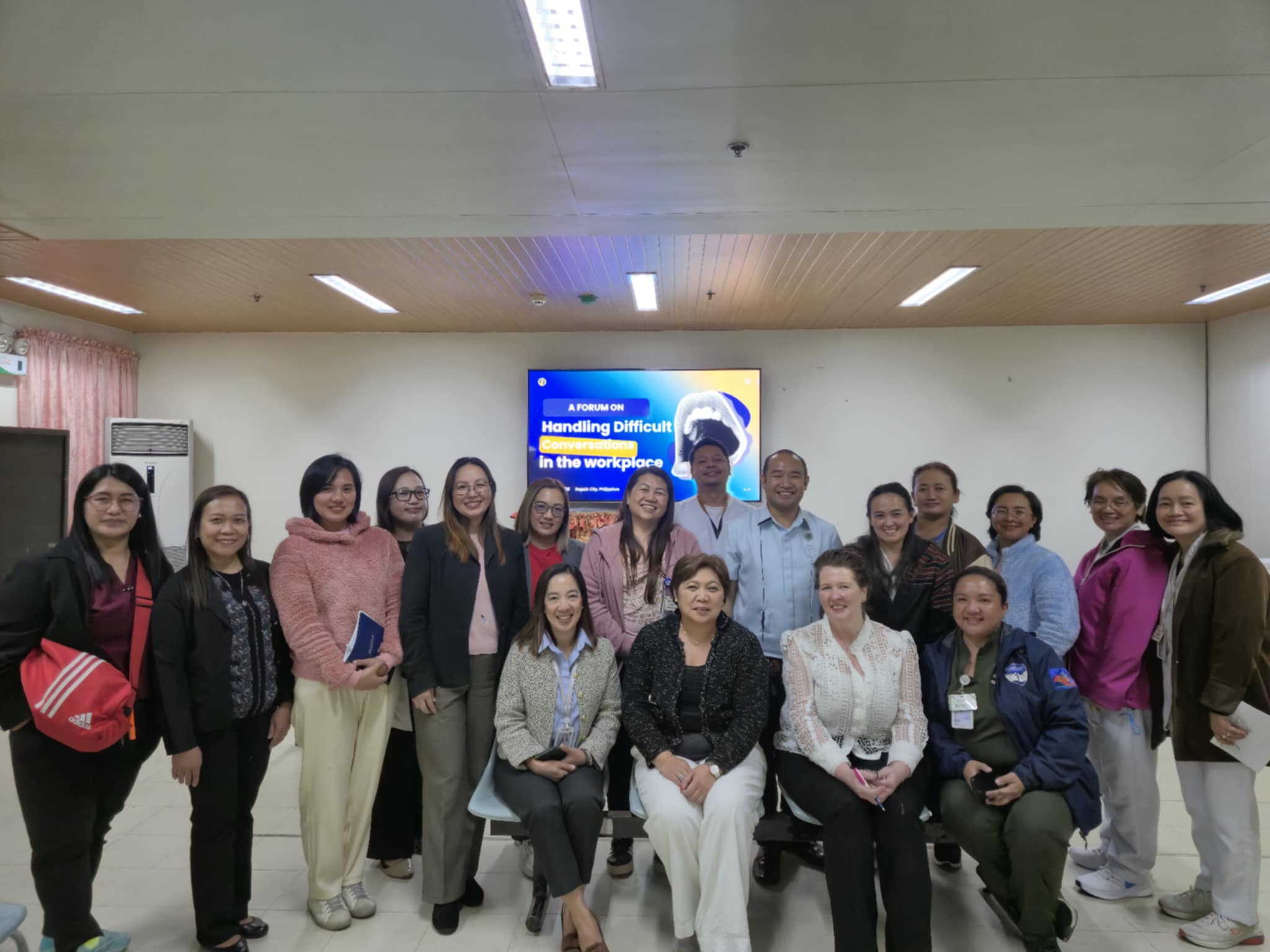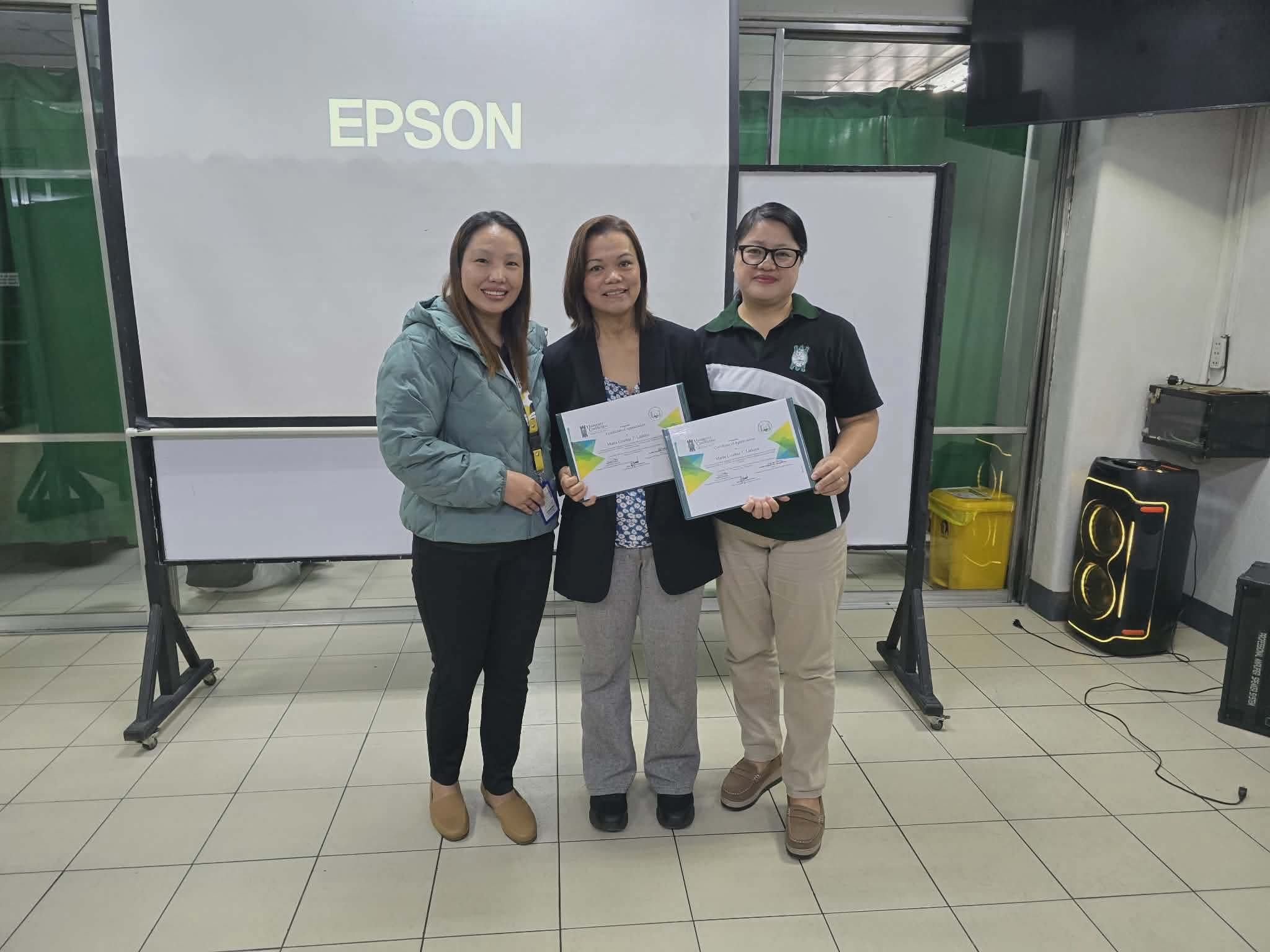Advancing School-Based HIV Prevention through Global Nursing Education and Research
Baguio City, Philippines — November 10, 2024.
The University of the Cordilleras College of Nursing (UC-CON) and the University of North Carolina–Charlotte (UNC Charlotte) have initiated an international collaboration through Project SHIP (School-Based HIV Initiatives in the Philippines) — a proposed academic and community-based partnership that seeks to strengthen HIV education, prevention, and research in schools and communities across the country.
This developing collaboration was formally introduced in November 2024, represented by Dr. James Montegrico of UNC Charlotte and Dr. Judith Odanee G. Magwilang, Dean of the UC College of Nursing. Both institutions share the goal of promoting evidence-based HIV prevention and empowering student nurses to become community health advocates.
Responding to the Growing HIV Challenge
While global HIV cases are on a decline, the Philippines continues to experience one of the fastest-growing HIV epidemics in the Asia-Pacific region, with more than 160,000 people living with HIV (PLHIV) as of 2023.
Project SHIP recognizes the critical role of the education sector in reversing this trend by reaching adolescents and young adults — the demographic most affected by new HIV infections — through school-based interventions, peer education, and research-driven awareness programs.
Project SHIP: School-Based HIV Initiatives in the Philippines
Project SHIP aims to institutionalize HIV awareness programs within schools and universities through collaboration, training, and curriculum integration. Its objectives include:
- Developing a network of schools to champion HIV prevention and awareness initiatives.
- Improving HIV knowledge and promoting positive attitudes toward people living with HIV (PLHIV).
- Conducting research-based evaluation of HIV knowledge, stigma, and risk behaviors.
- Supporting student- and faculty-led outreach activities in partnership with the Department of Health (DOH) and local communities.
The program utilizes the Spectrum of Prevention Framework, incorporating multiple levels of engagement — from individual knowledge building to policy influence — to ensure a holistic and sustainable approach to HIV prevention.
Global and Local Health Alignment
Project SHIP supports international and national health priorities, including:
- World Health Organization (WHO) 2022–2030 Strategy – Ending AIDS as a public health threat by 2030.
- United Nations Sustainable Development Goal 3 (Good Health and Well-being) – Promoting healthy lives and well-being for all.
- Republic Act 11166 – Strengthening policies and multi-sectoral partnerships for HIV education and stigma reduction in the Philippines.
- Healthy People 2030 and the Future of Nursing 2020–2030 Frameworks – Advancing health equity and community-based nursing leadership.
A Shared Commitment to Education, Research, and Service
The collaboration between UC-CON and UNC Charlotte emphasizes a triad approach to academic excellence:
- Teaching: Integrating HIV and sexual health education into nursing curricula and student leadership programs.
- Research: Developing a joint HIV research agenda focusing on awareness, prevention, and stigma reduction.
- Service: Engaging students in evidence-based community health outreach, including school-based testing and peer education.
Through this initiative, both institutions reaffirm their commitment to evidence-based nursing practice, global health leadership, and intercultural collaboration that promotes community wellness.
Sustainable Development Goals (SDG) Alignment
- SDG 3 – Good Health and Well-being
Target 3.3: End the AIDS epidemic by 2030 - SDG 4 – Quality Education
Target 4.7: Promote knowledge and skills for sustainable development and global health awareness - SDG 17 – Partnerships for the Goals
Target 17.17: Strengthen multi-sectoral partnerships to achieve sustainable community health programs










